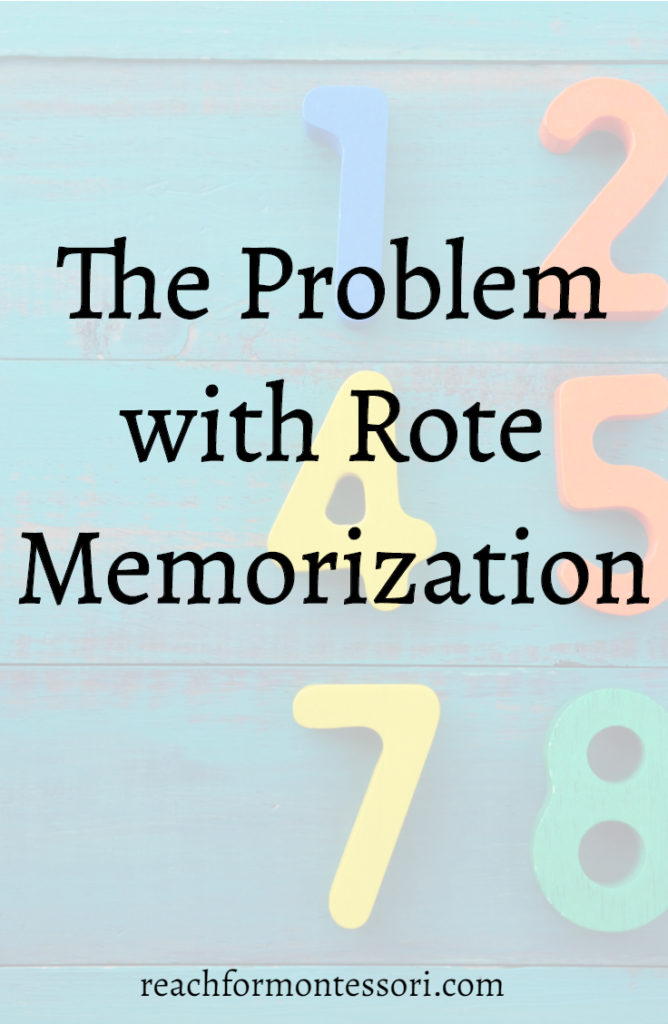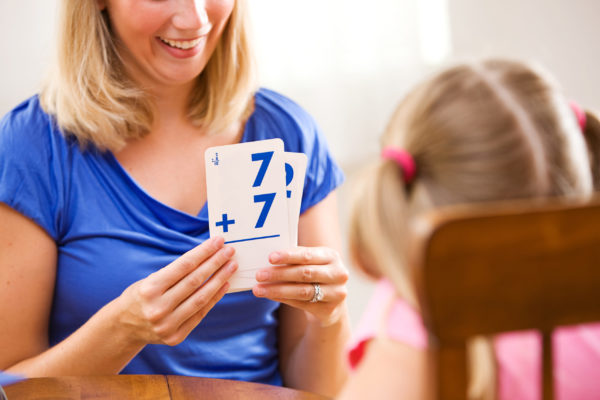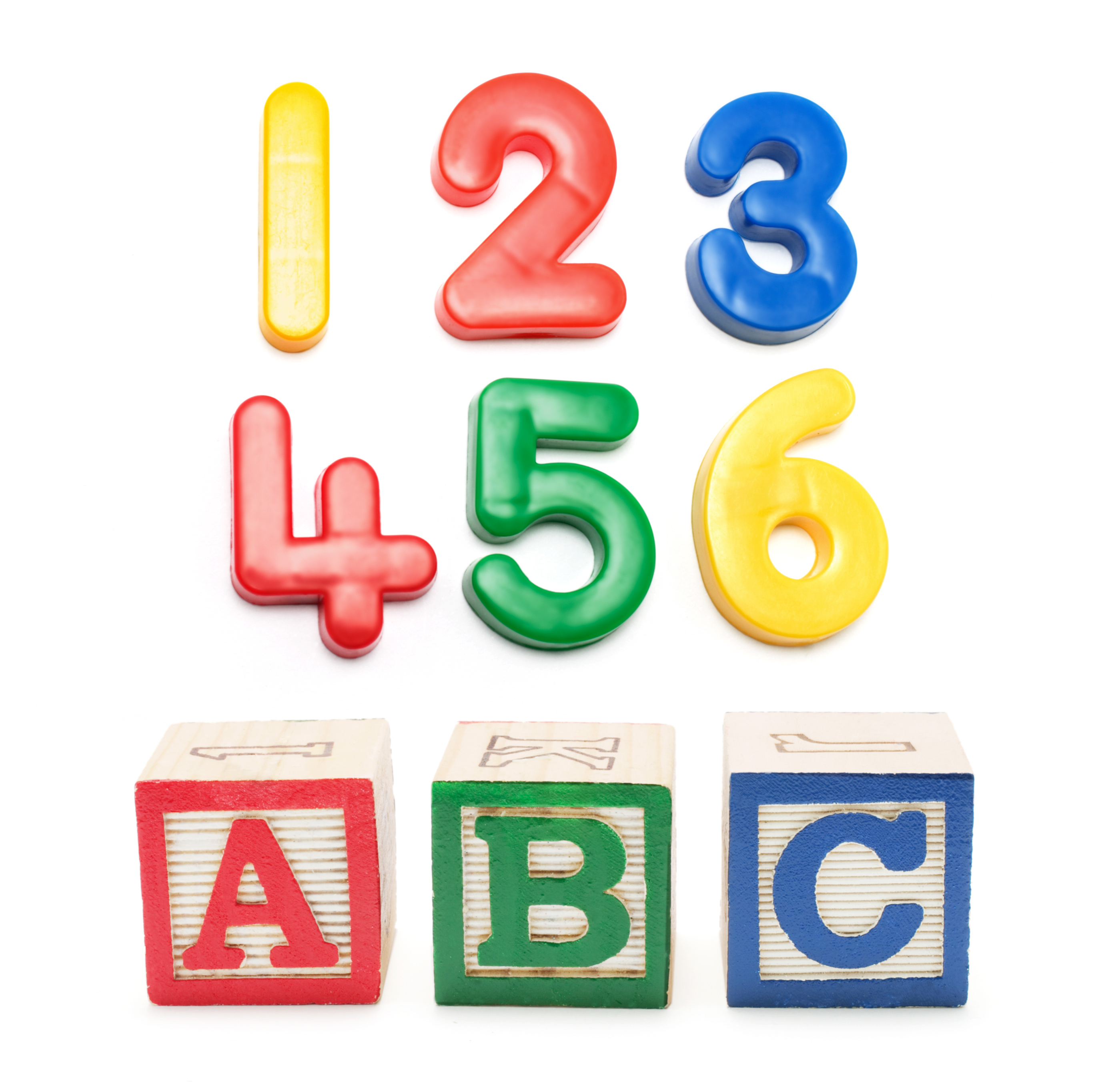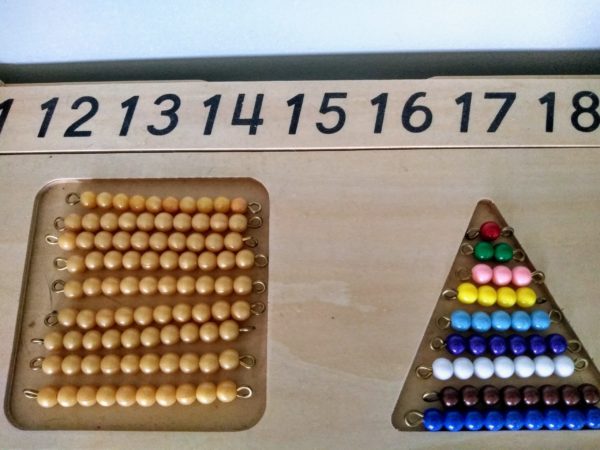If you have ever been over the moon about your toddler being able to recite numbers or their alphabets, you have probably posted your excitement and pride on social media. If what I'm writing sounds familiar to you so far, it's also likely that you have had your special proud parenting moment brought to ruins when you encountered the term “rote memorization”.

What is rote memorization?
Rote memorization, or rote learning as it's often called, is the ability to recall information via repeated exposure.
The typical goal or expected outcome would be short-term memory.
You may remember cramming for tests in college using flashcards and mnemonics to help pass a test here and there. You *might* even be able to still recall a portion of the information you took in.

The chances that you remember any of it increase significantly if you worked with the information further to gain a deeper understanding of it or if you had the chance to put the concepts to practice.
What is wrong with rote memorization?
Therein lies the problem with rote memorization- it doesn't require an understanding of the material being memorized.
College students are often aware of the lack of true understanding whereas young children are not.
When a young child recites the alphabet, song lyrics, or numbers it may be an indication of their prowess in the areas of language and/or memory, but it does not signal that the child has any understanding of what he saying.

At this point in the article, a parent may be thinking, “My two-year-old can count to ten. What more is there to understand about the numbers one through ten?”.
Simply put, the child can call out the representative symbols for the quantities in proper sequence. It does not show that he has any understanding of quantities.
Without first understanding quantities and later moving on to associating quantities with their numerical representations, being able to recite one to ten at a very young age proves to be pretty useless and, to many people, less than impressive.
This can be upsetting to parents, as the goal of sharing your proud parenting moments is never to have someone come back at you with, “That's not impressive. It's rote memorization.“
Alternative education methods
Montessori, along with many other education methods, discourages rote learning and instead focuses on sensorial learning and connecting actions to implications and written symbols to the things they represent.
The Common Core Standards that have been implemented in American public schools, though difficult for some of us older parents to understand, are actually in line with the anti-rote learning movement.
Waldorf, Montessori, Charlotte Mason (Though this one can be argued), and Reggio are four education methods that are also anti-rote.

A few Montessori activities and learning articles that can help further your understanding of the topic:
Though the term “rote memorization” is typically tossed around in parenting and education circles to mean something bad, it's important to acknowledge the beneficial role being able to repeat what we hear and see plays in development, as well.
Our brains are fascinating organs and our ability to memorize things is integral to even a young child's education.
From language acquisition and recognizing sight words to math facts and formulas, we depend on this ability.
Young children are going to repeat what they hear, and that's ok. What's important is that we don't feel like we spend (waste) their time or ours reciting facts.
Essentially, memorization of facts for a young child should be “apply as needed” and avoided when possible.
Cheers and don't forget to subscribe!
